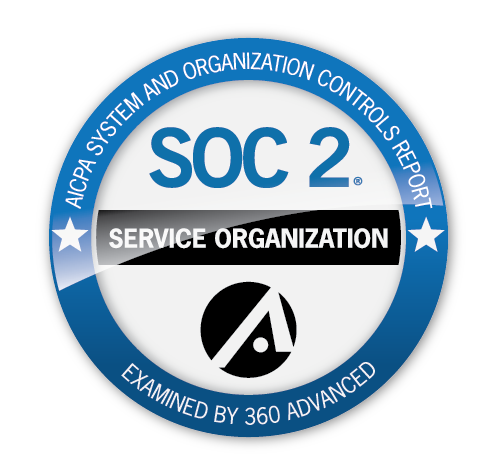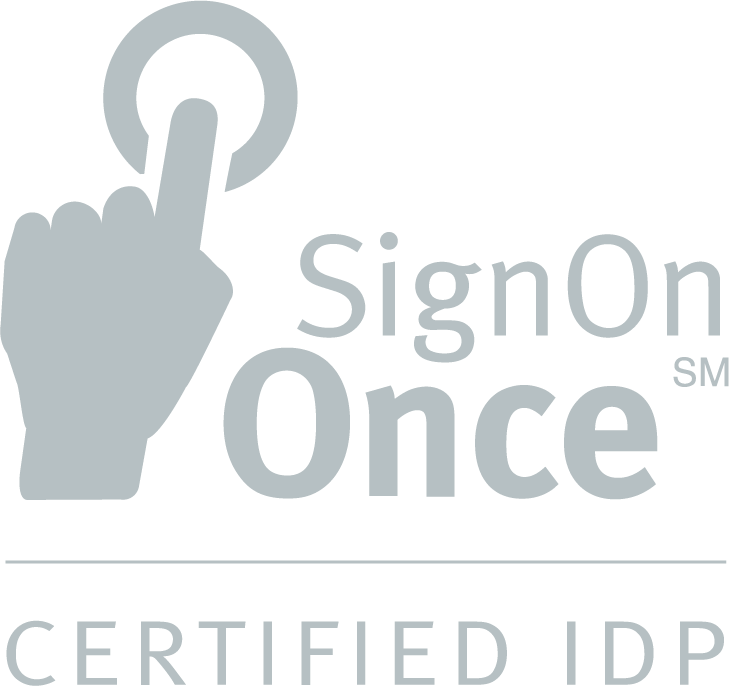If staffing and employment concerns top your agency’s list of challenges right now, you aren’t alone.
Each year, Vertafore surveys independent agencies and MGAs across the country about the state of the insurance workforce. This year, more than 2500 insurance professionals responded, providing a wealth of insights on work experience and what makes them stay in seat—or look for greener pastures. Take these stats:
- Fourteen percent of our survey takers changed jobs in the past year
- A whopping 25% didn’t know how long they planned to stay at their current company
- More than one-third said their agency had had trouble hiring in the past year
Agency owners were even more pointed: 55% said they’ve faced recruiting challenges during the past 12 months. In response, over the same period, more than half of owners tried new tactics—like allowing flexible work and boosting pay—to attract new employees.
So how can agencies find, hire, and keep great talent in a tight employment market? Perhaps unsurprisingly, insurance professionals listed compensation as the top factor that would keep them at their current agency. But after pay, Vertafore’s survey found that there are other, less obvious things that can turn the staffing tides in an agency’s favor:
- Provide flexibility with where and how employees work
- Be transparent and deliberate with career pathing
For insurance professionals, it's all about flexibility
For many professionals across the broader workforce, flexibility is no longer seen as a “nice-to- have” when choosing where to work.
Offering more schedule flexibility, as well as allowing for remote and hybrid options, can help agencies stand out as an employer of choice. Consider the data from our survey:
- Nearly a quarter of respondents who left jobs last year listed “a more flexible schedule” as a factor, while 1 in 5 left for a remote work opportunity.
- Across all respondents, more remote work options and schedule flexibility ranked as top reasons people would stay with their current agency—bested only by higher compensation.
- And many agencies are responding. Last year, 36% of agency owners added flexible and remote work policies to their organizations.
Agencies can begin by listening to their people and keeping an open mind about what “flexible” looks like. At the same time, agency leaders have to be open to shaking up the status quo and taking a solid look at the processes and functions employees are handling in a traditional workplace.
Independent agencies also need to look at their technology to identify any barriers to supporting productivity and teamwork. A flexible environment still needs to operate well, and employees need to feel connected to each other. Cloud-based agency management solutions and tools like Teams and Zoom are table stakes to make flexible work practical.
Agency employees want to know where they stand
During job interviews, we’ve all heard the question, “Where do you see yourself in five years?” The irony is that too often, once someone lands a job, conversations about career goals and pathing only come up during annual reviews—if at all.
This reluctance to have ongoing career discussions comes at a cost. Our survey results show that insurance professionals are eager and ready to have conversations with management about their careers and these conversations can cement how employees feel about staying in a position.
The good news:
- More than half of respondents have discussed career progression with their hiring managers.
- Three-quarters said they were comfortable talking to agency leaders about their career paths.
But this enthusiasm did not translate into the same level of positivity about what lies ahead. There’s still more work to be done around empowering employees to see what their future careers might be.
- Only 1 in 3 of respondents said they were optimistic about career possibilities at their current company.
- Respondents are not excited about the possibility of promotion — only 14% had talked with a manager about it.
- Finally, a mere 6% knew whether their agency provides documents that outline and describe possible career progressions for employees.
More than 40% of respondents said having a clear career path or professional development would make them more likely to stay at a job. It follows, then, that welcoming discussions about promotion and progression will further cement employees in their decisions to stay put.
Agencies can win the talent war
Documenting what career progression looks like within your agency and sharing it with current and potential employees is a step in the right direction. And clear, consistent communication about an employee’s current and future success can keep them engaged while providing a plan for what’s next.
Focusing on employee career growth and progression comes with a bonus for agencies: a framework for employee career progression is also essential for succession planning as more insurance professionals eye retirement.
Ultimately, employees are most engaged and happy when they’re empowered to decide how and where they work and have meaningful conversations about their future with a company. And there’s a significant business case for it, too: High employee engagement is closely tied to tangible metrics like retention, turnover, profit, and productivity.


